Stroke
Stroke is the fourth leading cause of death in the United States. We understand the importance of rapid, accurate treatment to prevent death and preserve brain function. When you arrive at one of our emergency centers, you receive quick, expert treatment from specially-trained neurologists who are on the forefront of stroke care.
BJC HealthCare works with Washington University physicians, BJC Medical Group, and providers across the region to deliver extraordinary care. When it comes to a stroke, “time is brain.” Trust your care to experts with a proven track record of excellence. We have earned multiple recognitions for timely stroke treatment.
We offer:
Quick treatment: Our acute stroke care team provides some of the fastest critical care for stroke patients in the country. This rapid and accurate diagnosis and treatment means a greater chance of surviving stroke, preventing long-term brain damage and shortening recovery time.
Multispecialty team: You receive treatment from an entire team of specialized healthcare providers, including hospitalists, neurologists, neurosurgeons, critical care physicians, interventional neuroradiologists, Magnet®-recognized nurses, rehabilitation specialists and a registered dietitian.
National recognition: Our commitment to and success in improving stroke care has earned us national recognition. The American Heart Association, American Stroke Association and the Joint Commission have awarded our teams for outstanding, comprehensive stroke care.
TeleStroke: When time is of the essence, not all patients in the region or state can get to a stroke center that provides the highest level of care fast enough. As part of our commitment to making sure patients have the best acute stroke care possible, we created the Stroke Network. This collaborative network utilizes telehealth to streamline and improve stroke care, regardless of where you are.
Research-based treatment: Our team participates in bimonthly stroke conferences presented by Washington University's Department of Neurology. Each conference presents the latest evidenced-based medical research with a focus on the care and prevention of stroke. We offer you the latest, most effective treatments, including through clinical trials.
Stroke recovery: Recovering from a stroke can be a long process. Our dedicated neurorehabilitation team leads the Post-Stroke Rehabilitation Clinic to help you make a full recovery and regain cognitive function after a stroke.
A stroke is a medical emergency that occurs because of an interruption to blood supply in the brain. When this happens, brain tissue does not get the oxygen and nutrients it needs, and brain cells begin to die in minutes. Early stroke treatment is crucial to reducing brain damage, disabilities and other complications.
According to the National Stroke Association, up to 80% of strokes can be prevented.
To prevent stroke, start by getting regular exercise, eating a healthy diet, maintaining a healthy weight and not smoking.
Additionally, it is important to know your stroke risk factors and manage them with your physician.
You have a higher risk of stroke if you have:
Diabetes and uncontrolled blood sugar
Heart disease, especially atrial fibrillation
High blood pressure or high cholesterol
History of smoking
Obstructive sleep apnea
Sickle cell disease
You can manage these risk factors with the help of your physician. However, there are some risk factors that you can’t control, including:
Age: Stroke risk doubles for every decade after age 55.
Family history: Your risk increases if you have a parent, grandparent, sister or brother who has had a stroke.
History of stroke: Having a transient ischemic attack (TIA), a kind of stroke where the interruption to blood flow is temporary, increases your risk of another stroke.
Sex: Men have a higher risk at younger ages, while women have a higher risk over age 85.
Race: Black Americans have a higher risk of stroke than other races.
About 55,000 more strokes occur in women than men in the United States every year. Stroke is the third leading cause of death for women and the fifth leading cause for men.
Several stroke risk factors are unique to women, including:
Hormone replacement therapy
Oral birth control pills
Pregnancy
Other stroke factors simply tend to be more common in women, including:
Atrial fibrillation
Cerebral vein thrombosis
Depression
Diabetes
Migraine headaches
Fortunately, many of these risk factors are manageable. Speak with your physician about your stroke risk factors and how you can manage them.
Strokes can be caused by clot formation in your brain (thrombosis), blood vessel blockage (embolism) or bleeding (hemorrhage). The types of stroke include:
Ischemic strokes occur when blood carrying oxygen and nutrients to the brain is blocked. They can occur when a blood clot develops in the brain (cerebral thrombosis) or when a clot develops elsewhere in the body and travels to the brain (cerebral embolism).
These strokes are caused by a brain aneurysm or other blood vessel abnormality that ruptures and bleeds.
TIAs occur because of a temporary clot. Many refer to this as a “mini-stroke.” A TIA is a warning sign of a future stroke and requires emergency medical care.
There are many factors to consider when treating the different types of strokes. Your healthcare team will decide based on your specific needs, medical history and more.
If surgery can be avoided, common non-surgical stroke treatments include:
When it comes to a stroke, remember to BE FAST and call 911. First responders can begin providing vital care during transport to the hospital.
Check for any one of these signs that could indicate a stroke:
Balance: Does the person have a sudden loss of balance?
Eyes: Has the person lost vision in one or both eyes?
Face: Does the person's face look uneven?
Arm: Is one arm hanging down?
Speech: Is the person's speech slurred? Do they have trouble speaking or seem confused?
Time: Call 911 now!
Hospitals in the Washington University and Barnes-Jewish Hospital Stroke Network have real-time access to some of the nation’s top stroke experts — even when they’re 150 miles away.
Select hospitals have begun to use stroke telemedicine to receive direct care consults for complicated stroke patients. Phone, Internet and video conferencing allows Stroke Network neurologists and radiologists to be “remotely present” at distant hospitals. Together with the partner hospital, physicians can diagnose stroke patients, begin timely treatment and arrange for transport to another stroke center, if needed.
For acute stroke care, telemedicine means faster, more accurate on-site treatment for patients at distant hospitals. For you, it means receiving local care while still benefitting from the expertise of a certified Comprehensive Stroke Center.
TeleStroke provides:
Access to an even more advanced level of stroke care
Higher rates of receiving potentially life-saving therapies
Improved outcomes in long-term stroke recovery
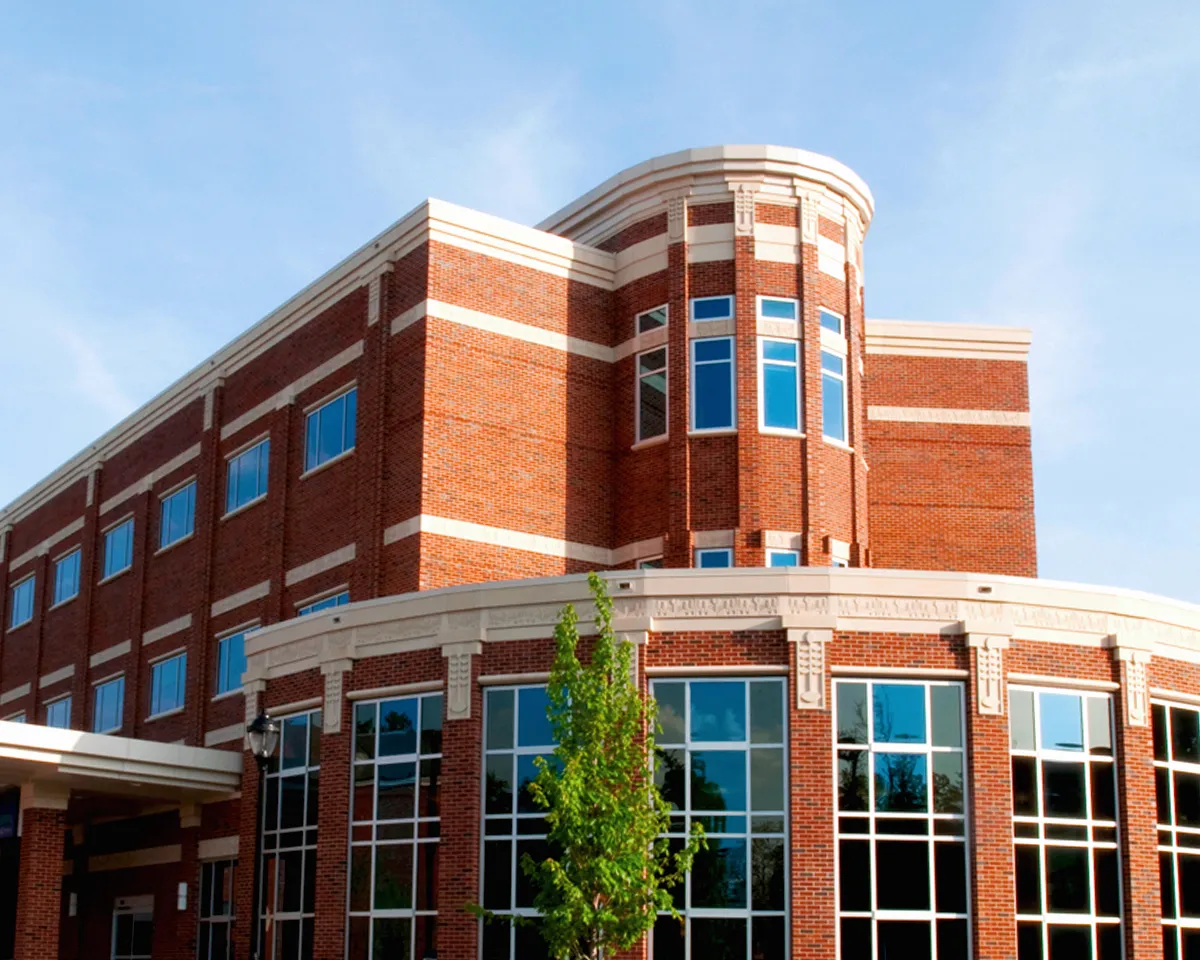 Alton Memorial Hospital
Alton Memorial Hospital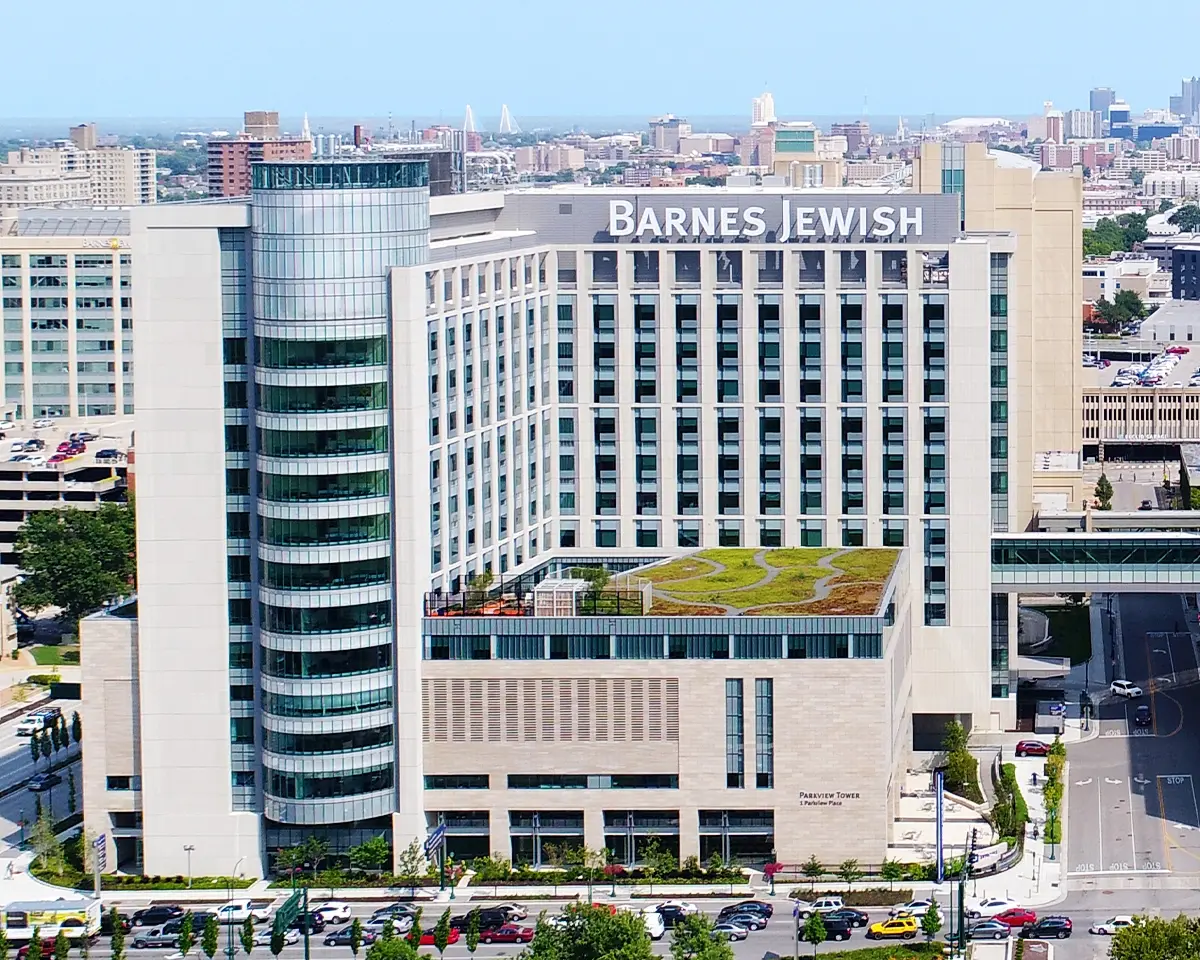 Barnes-Jewish Hospital
Barnes-Jewish Hospital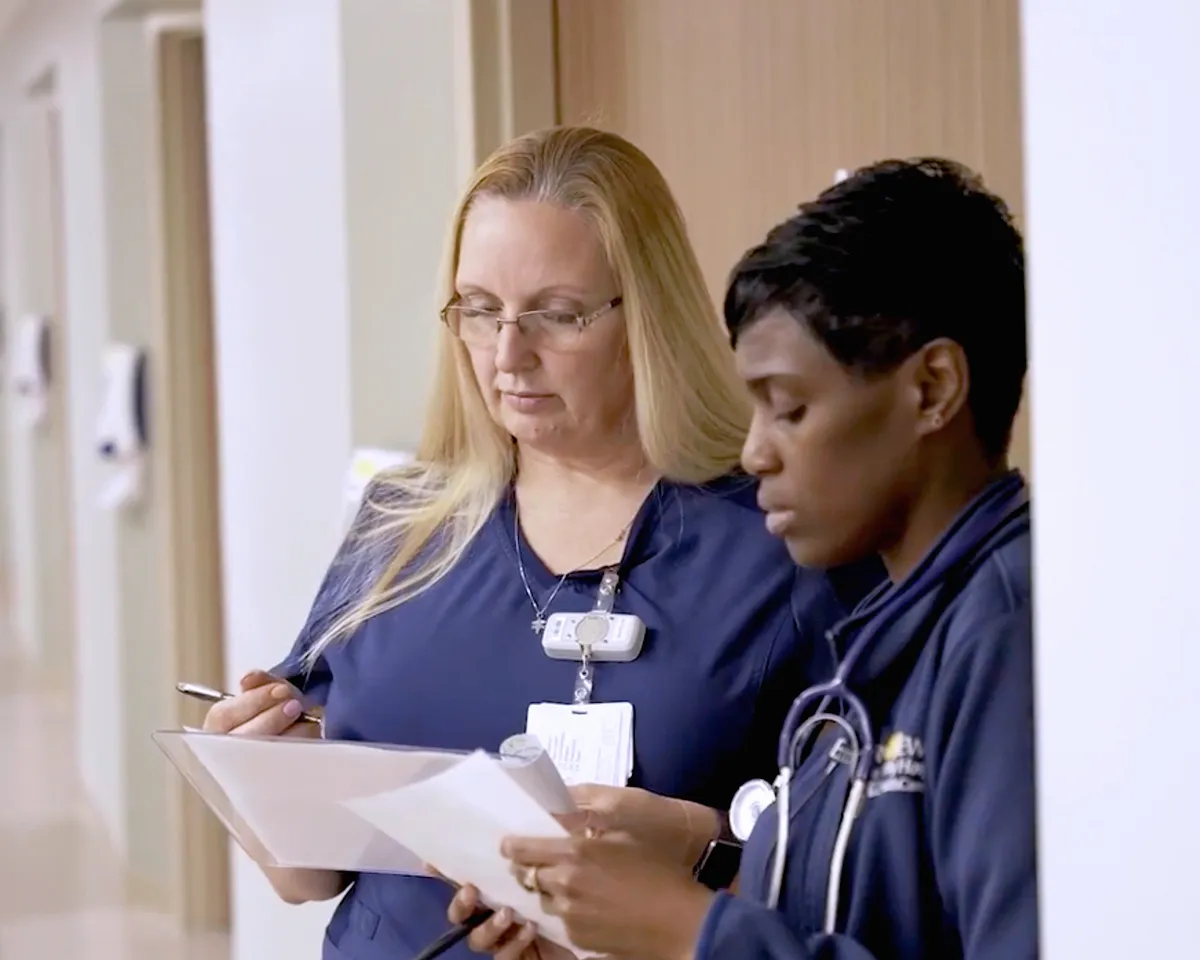 Barnes-Jewish St. Peters Hospital
Barnes-Jewish St. Peters Hospital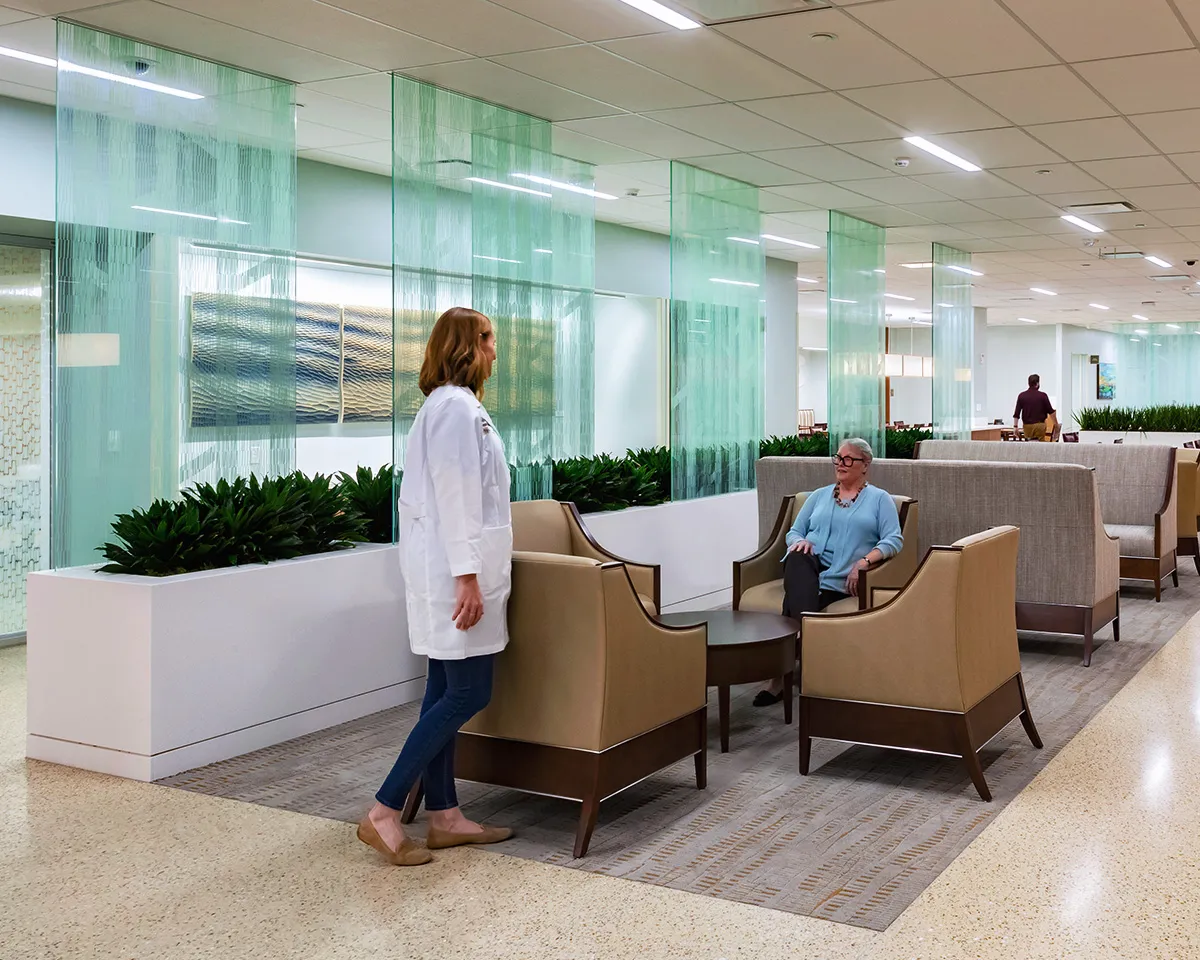 Barnes-Jewish West County Hospital
Barnes-Jewish West County Hospital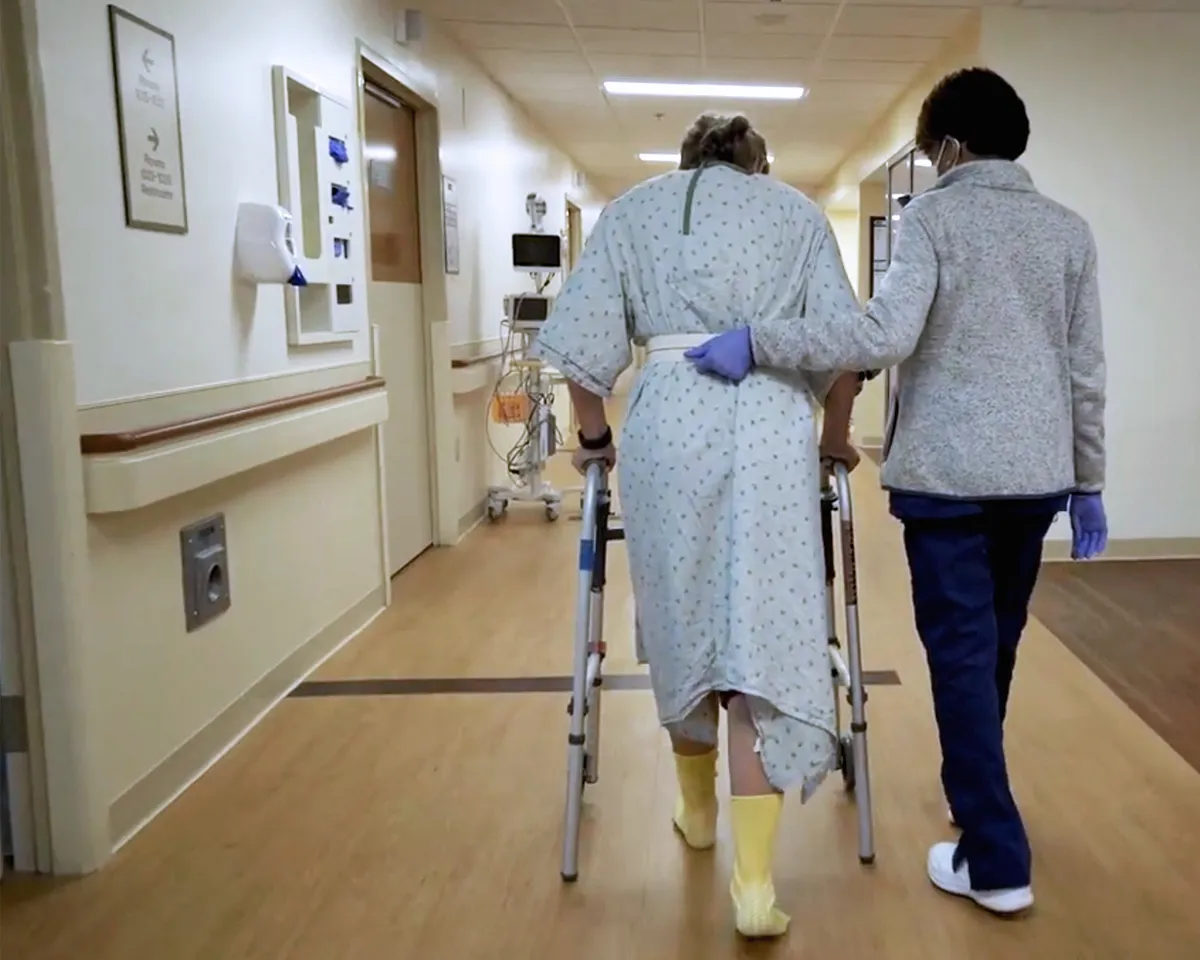 Christian Hospital
Christian Hospital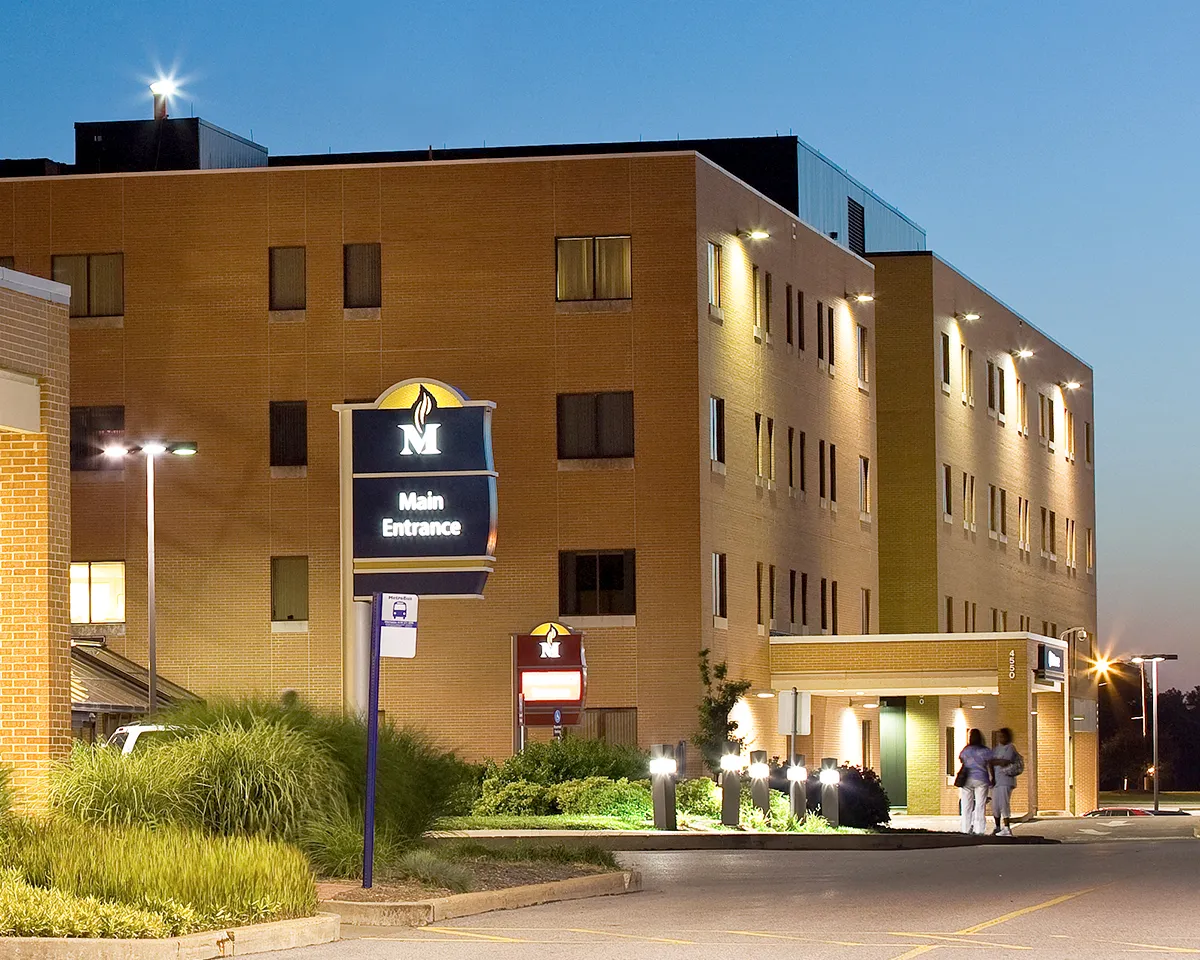 Memorial Hospital Belleville
Memorial Hospital Belleville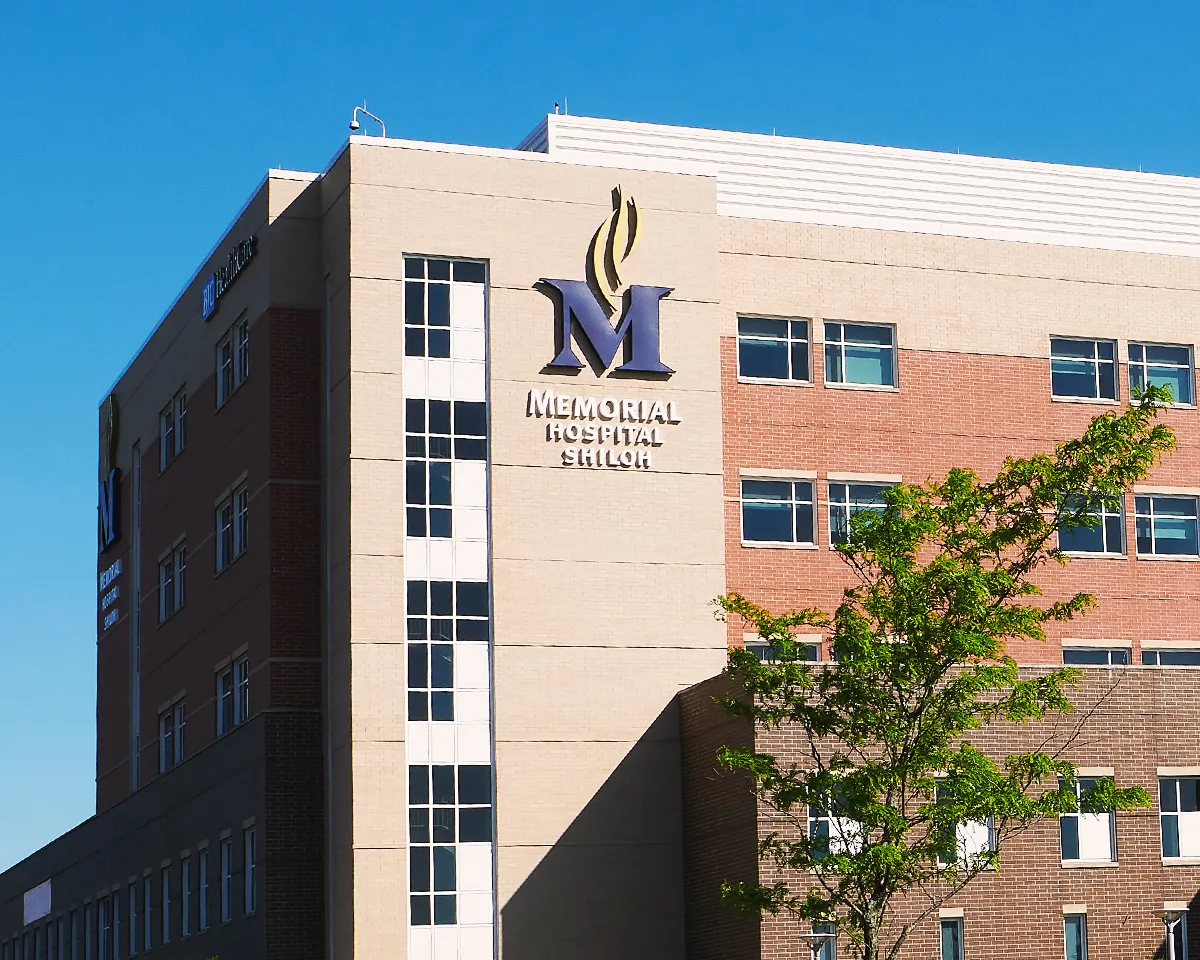 Memorial Hospital Shiloh
Memorial Hospital Shiloh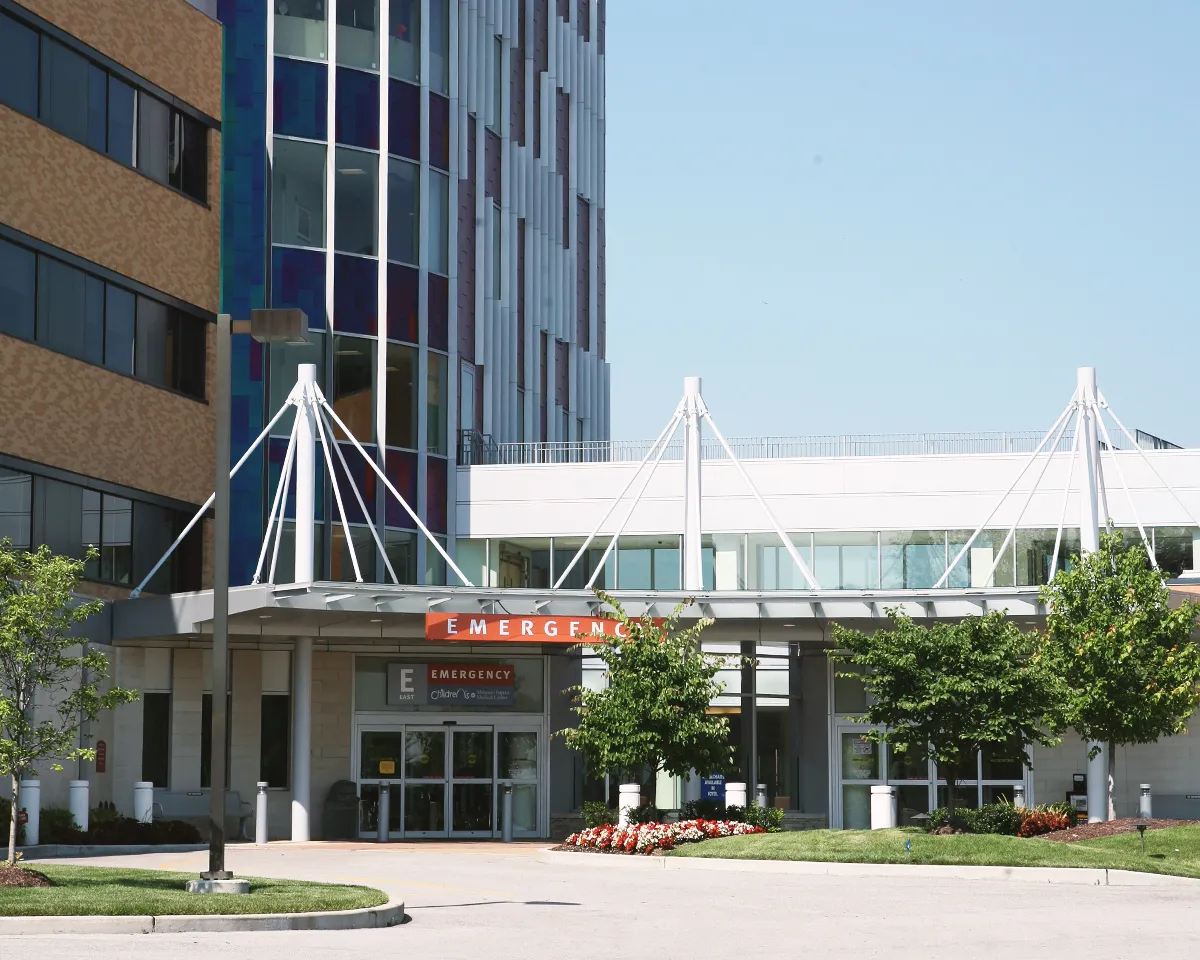 Missouri Baptist Medical Center
Missouri Baptist Medical Center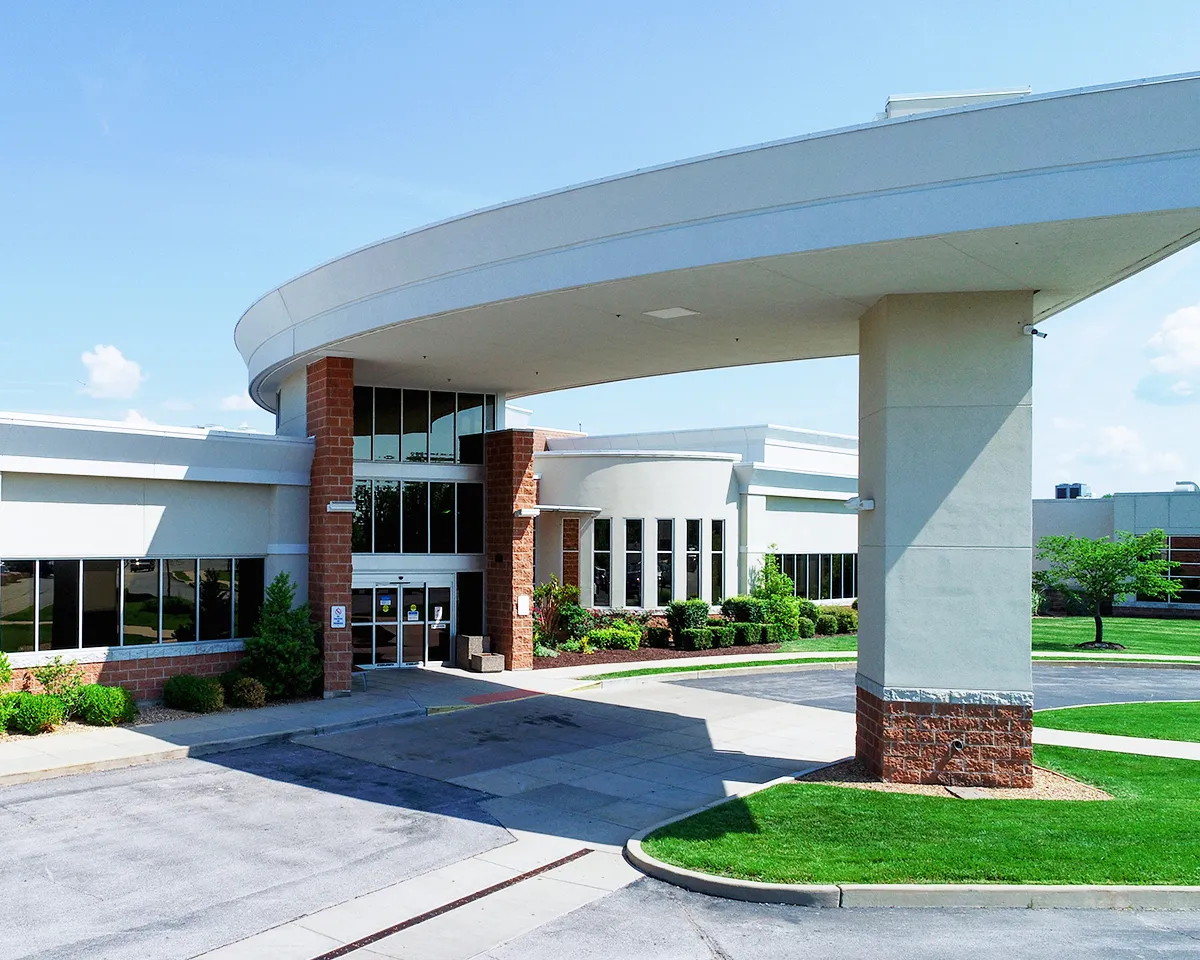 Missouri Baptist Sullivan Hospital
Missouri Baptist Sullivan Hospital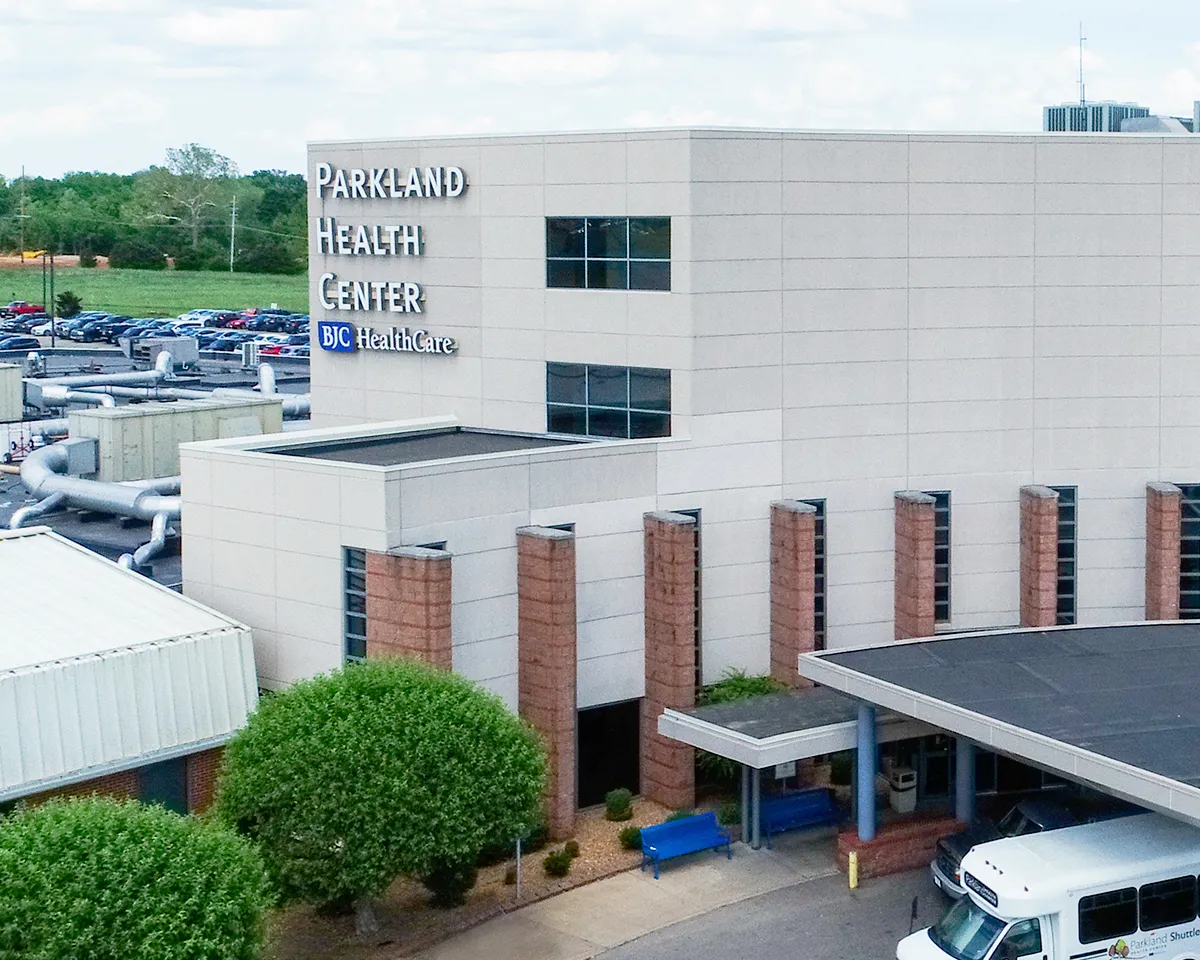 Parkland Health Center
Parkland Health Center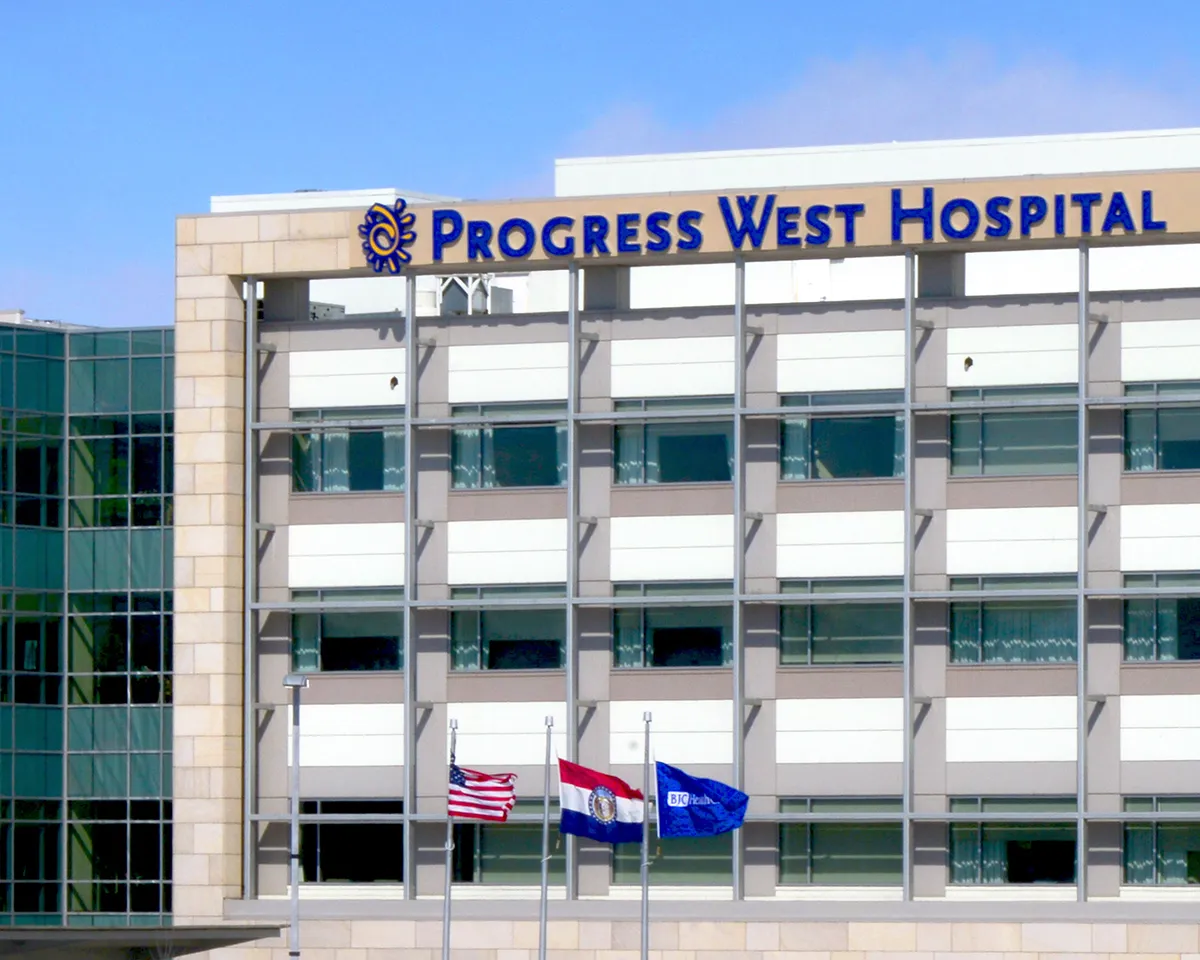 Progress West Hospital
Progress West Hospital
Schedule your appointment
Call (314) 362-9355 or (800) 392-0936 to schedule your appointment with a specialist.